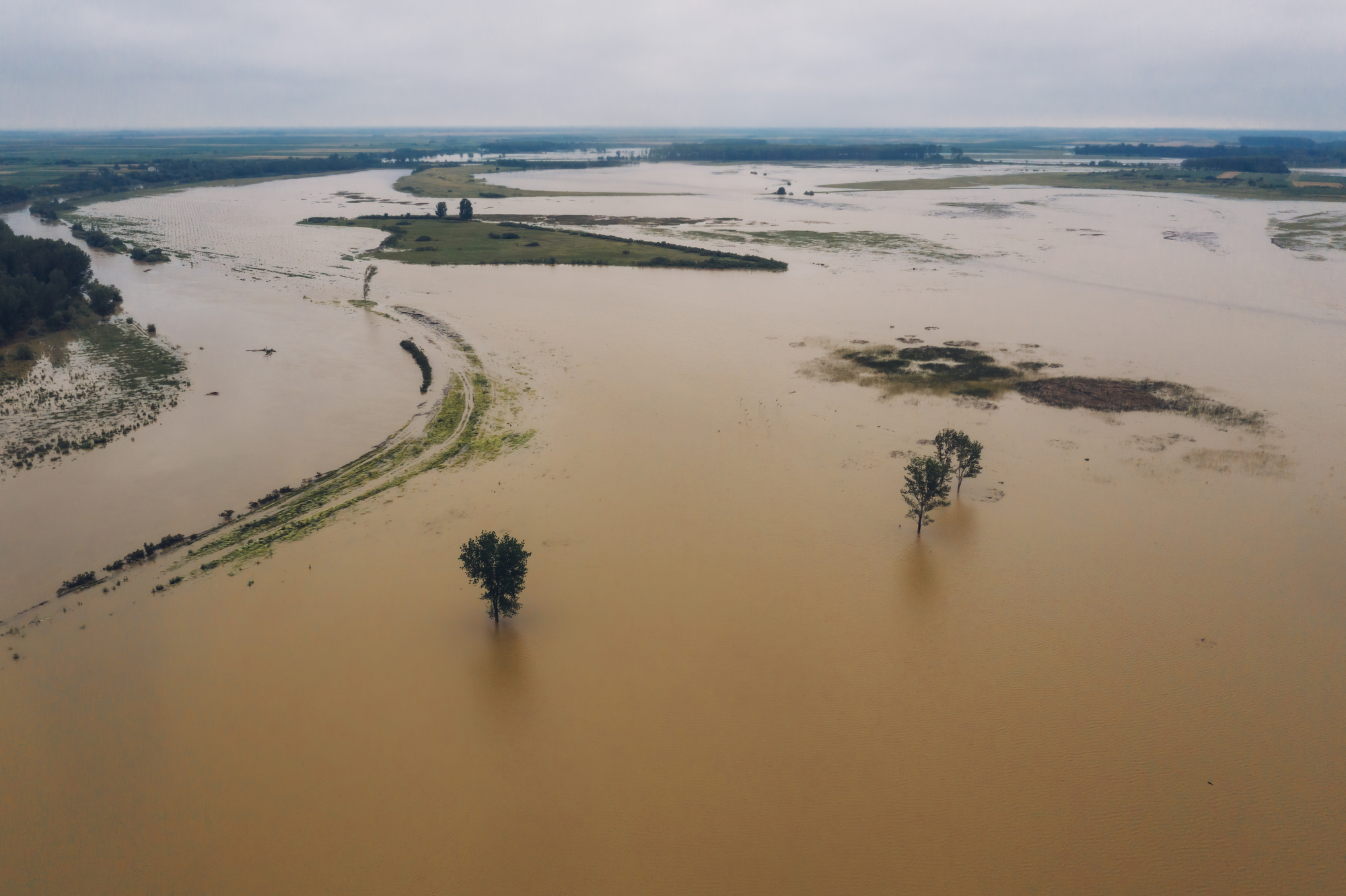Under Discussion: The Marginalization of the Future

This piece is part of an Under Discussion series. To read more about this week’s topic and see more pieces from this series visit Under Discussion: Combating Climate Change.
Predictive models projecting the course of global temperature rise and general climate change have been largely accurate. As the anticipated effects have become clearly manifest in weather effects, governments, businesses, and individuals have begun to consider the grim future that awaits. And yet across the world, especially in the United States, many people continue to deny that human action is responsible for climate change. Or, even where people acknowledge the reality of climate change, they do not deign to take action. Frequently this inaction stems from a conflict between the scope of the needed action, and a belief in individualist and free-market ethics.
Proponents of free-market views on economics and ethics argue that what is most efficient or most ethical, respectively, is to allow individuals to negotiate one-on-one exchanges in accordance with their preferences. This is the rationale behind at-will and right-to-work employment laws and the repeal of the individual mandate of the Affordable Care Act, among other things. Anathema to a free market is centrally-coordinated action from strong governments or monopolistic corporations. This is where the reticence of even those who recognize the looming danger of climate change enters. They disagree that either massively and centrally-coordinated actions are necessary or that such action, even if in some sense pressing, is not politically or ethically acceptable.
Why not? What could be unacceptable about massive and centrally-coordinated action? The idea is that such action necessarily tramples on individual preferences. If most individuals want to act on climate change, then they will make deals in the market to affect that change and top-down institutional action will be superfluous and risk creating a tyranny that outlasts the current emergency.
What can easily evade our attention here is what does not get mentioned: nothing is said about the people and creatures that will inherit the world as shaped by our choices. People who do not yet exist do not have preferences and so the free market had no direct mechanism to factor in their interests. This difficulty is highlighted by a constellation of issues known as the non-identity problem, future individual paradox, or intergenerational justice. (Note: intergenerational justice also covers the rights and interests of past and deceased persons.)
The marginalization of future persons within a free-market decision-making structure is a deep-seated, structural problem. A free-market exchange assumes that interested individuals are directly interacting to advocate for their preferences or interacting through an agent who will do so. And future persons are not the only entities marginalized in this way: any lifeforms that cannot secure meaningful advocacy for themselves are effectively marginalized. The forms of racism, misogyny, and other invidious bigotry with which we are all too familiar also operated (partially) through this mechanism. Whereas future persons do not exist to advocate for themselves, oppressed groups have been — and are — deliberately prevented from such advocacy. Like future persons, non-human animals and the inanimate environment are, by the nature of their existence, incapable of advocating for themselves.
But don’t people with the ability to advocate for marginalized entities do so? Can’t that solve the problem? In short, no. In the case of currently existing human beings, there has proven to be no substitute for self-advocacy or advocacy through others who share a meaningfully similar perspective. Hence the importance of historic firsts in political representation, like Kamala Harris, Raphael Warnock, Deb Haaland, Ilhan Omar, Sarah McBride, Rashida Tlaib, and Jon Ossof. However, there is no way to extend the power of political participation to animals, the environment, or future persons.
While there is rhetoric to the effect that we must consider how our actions will affect the world inherited by those that come after us, its reach is often limited and the motivations behind it sometimes suspect. Deficit hawks in U.S. politics wring their hands and rend their garments about the debt we are foisting on our children and grandchildren as a way to avoid spending money on current problems that aren’t in line with their preferences. Many young people are concerned for the world that they will have to live in imminently and seethe at the injustice of having to clean up the mess made by their predecessors. This latter concern is not illegitimate — it simply isn’t the same as concern for people who do not yet exist.




